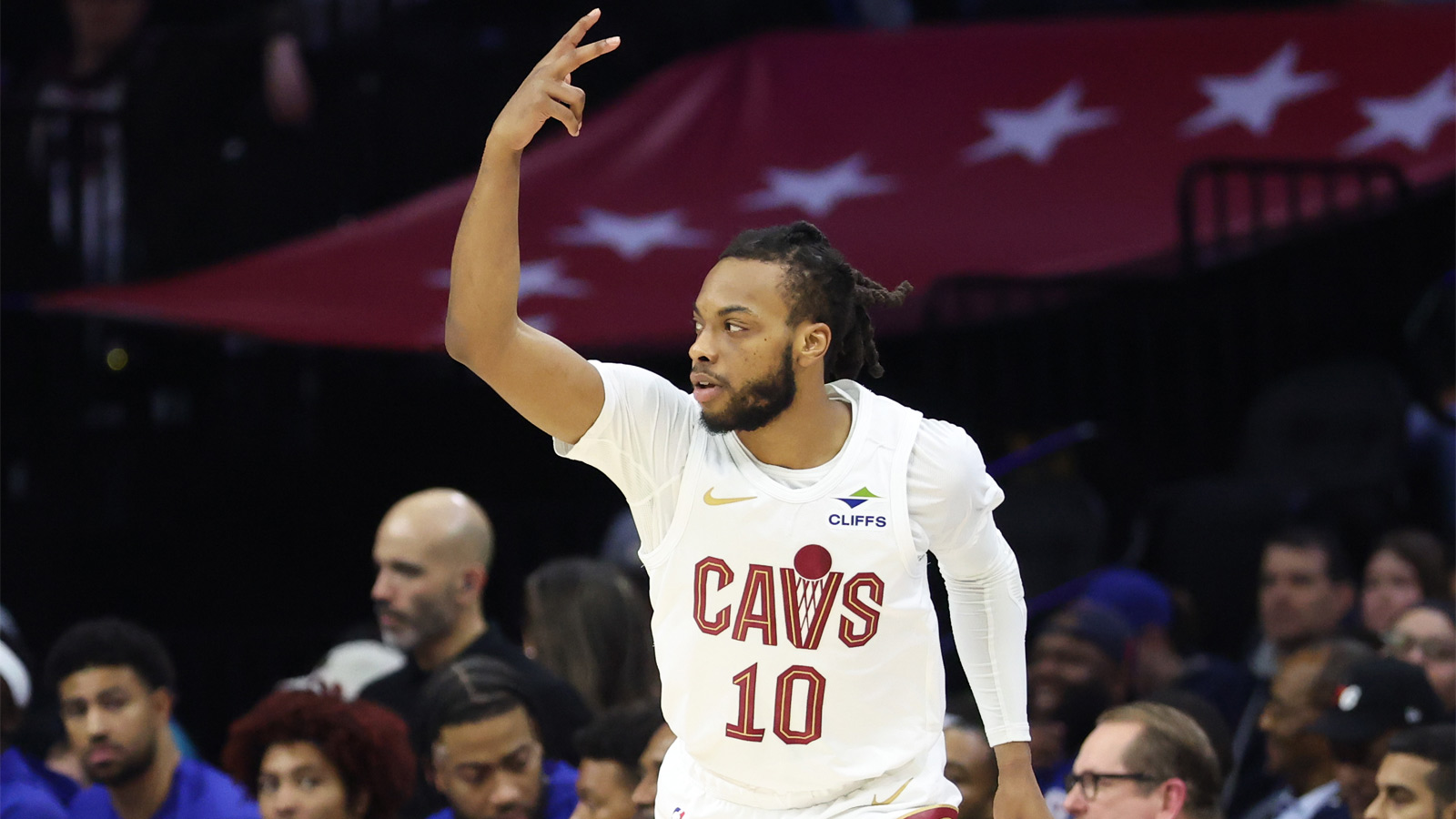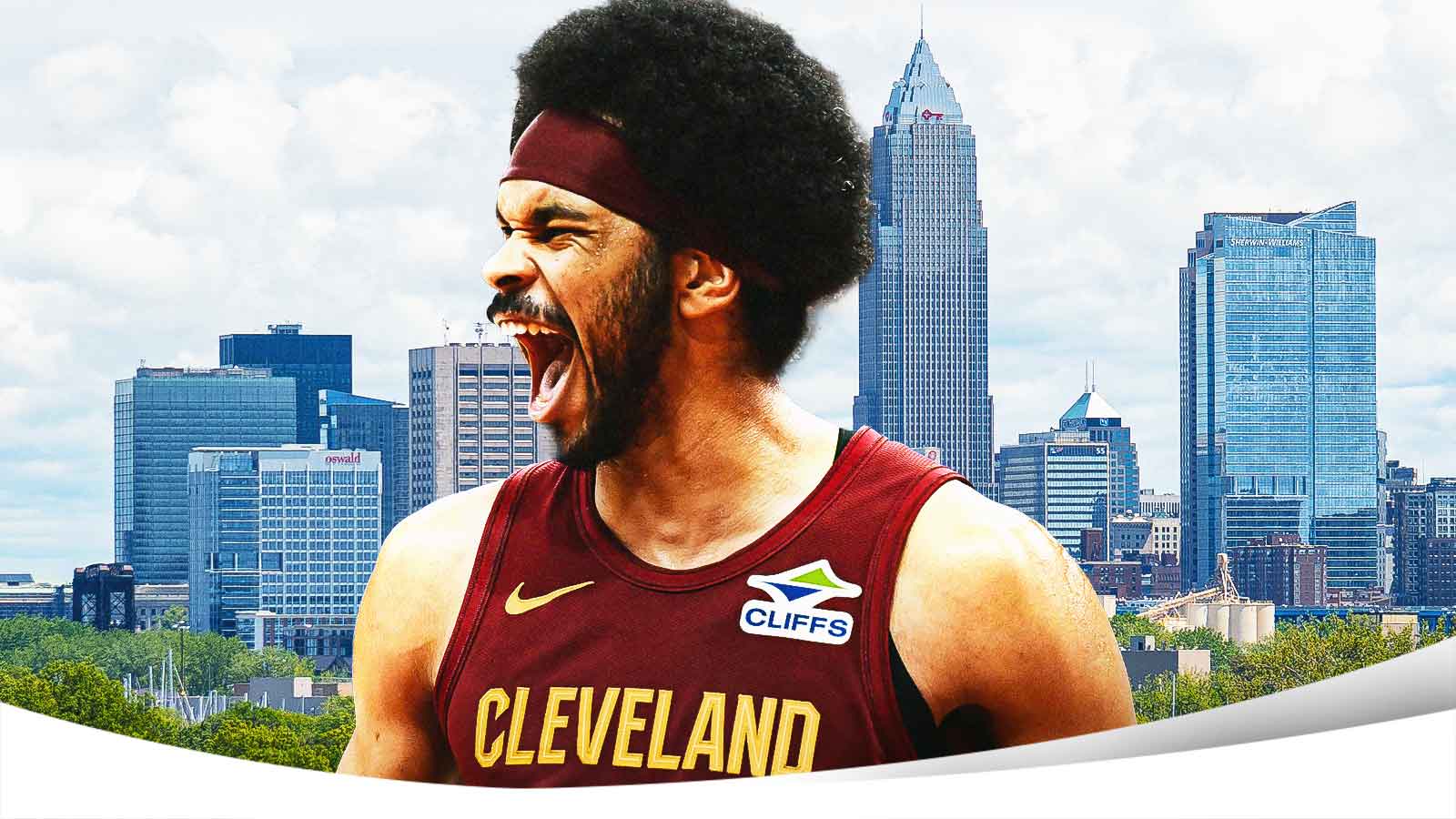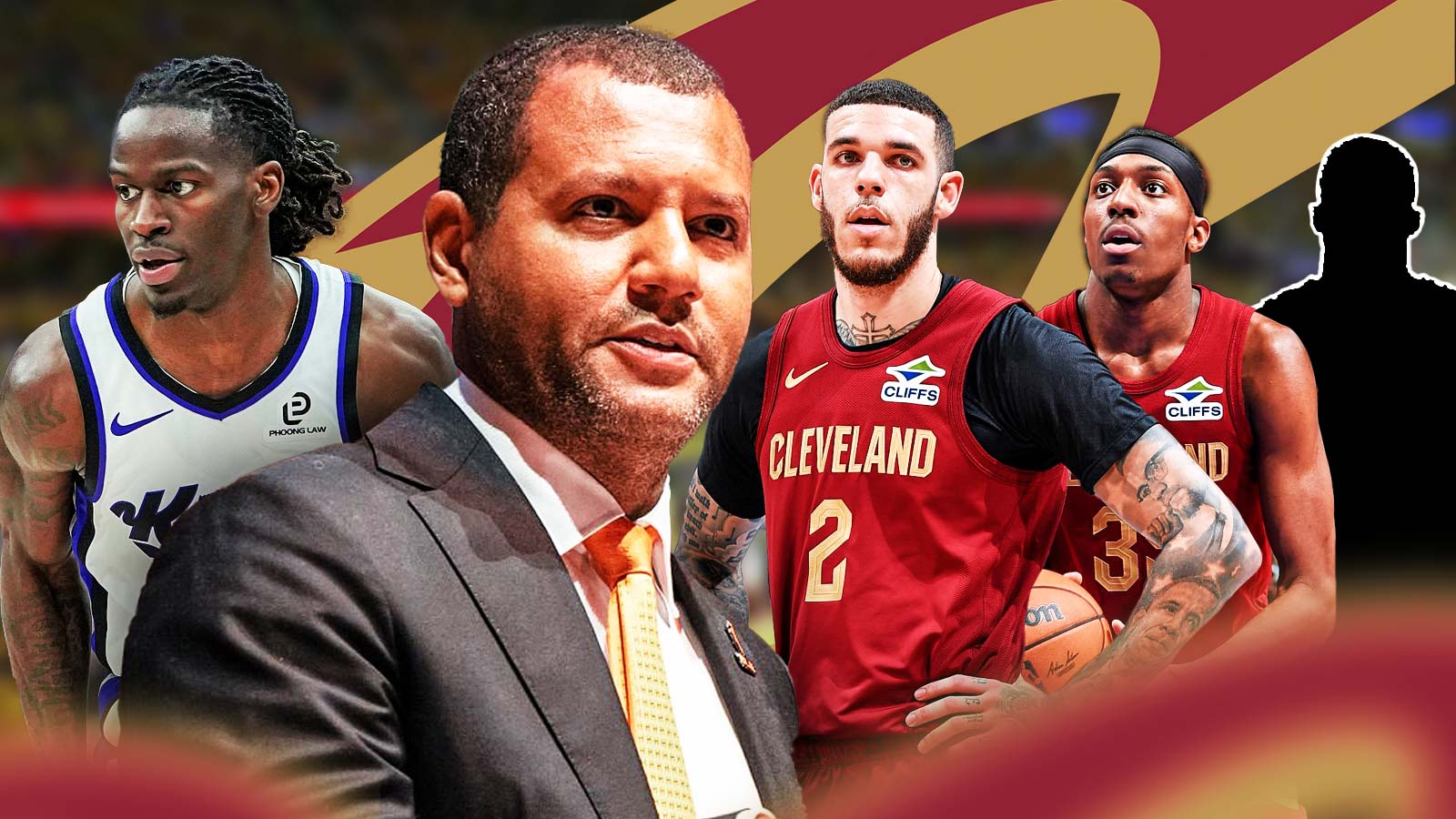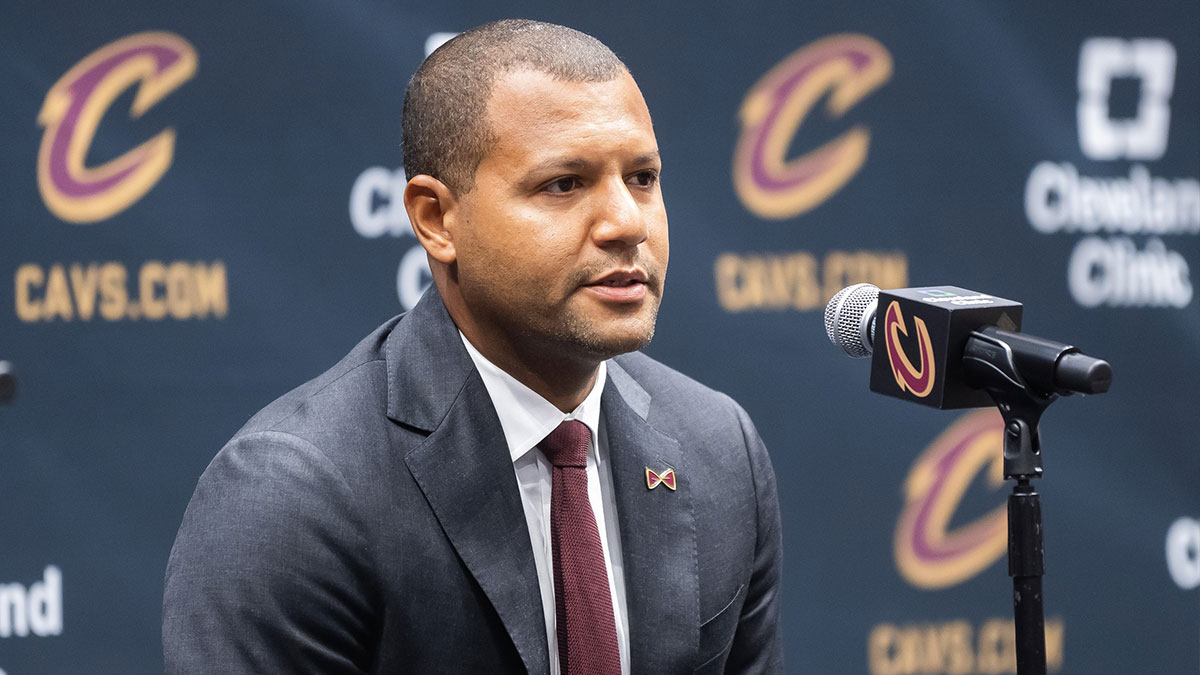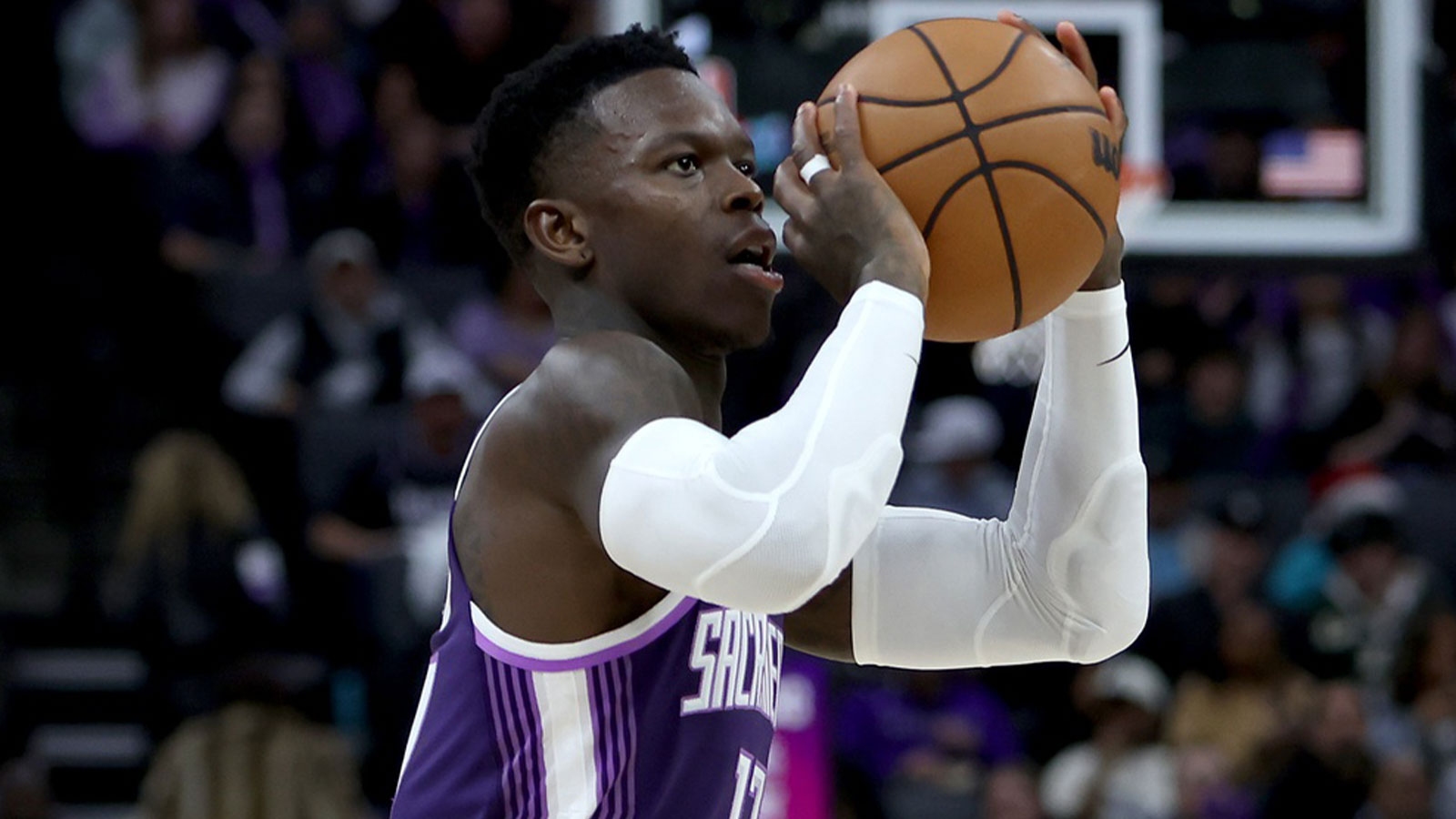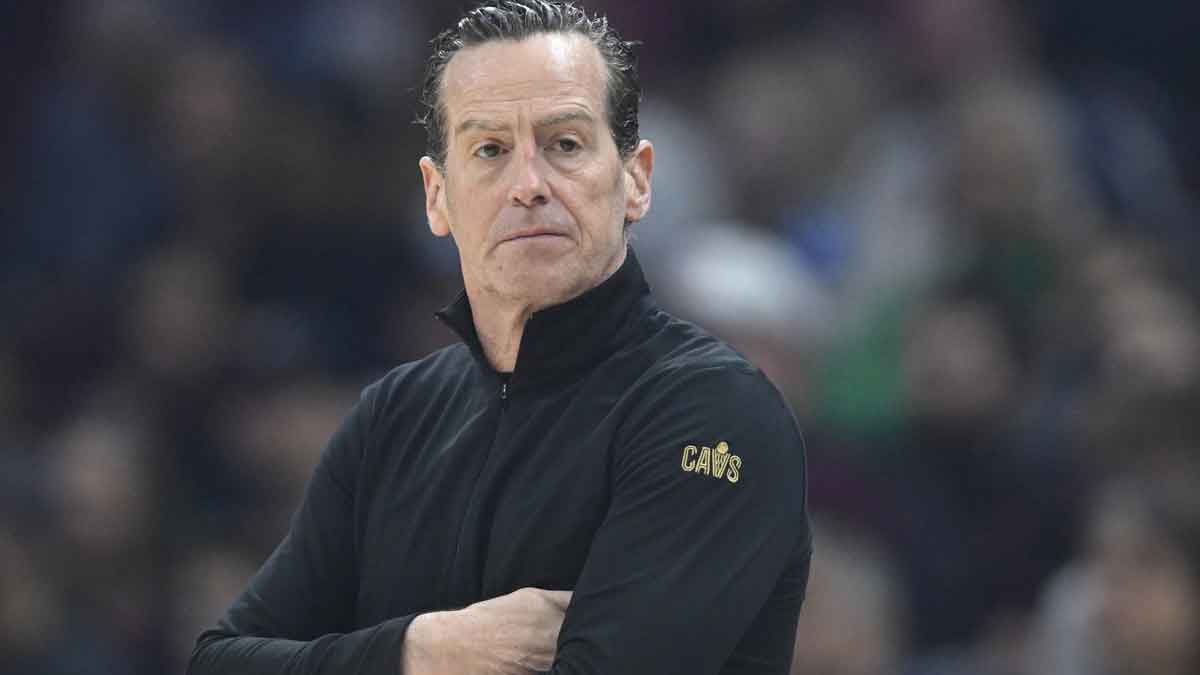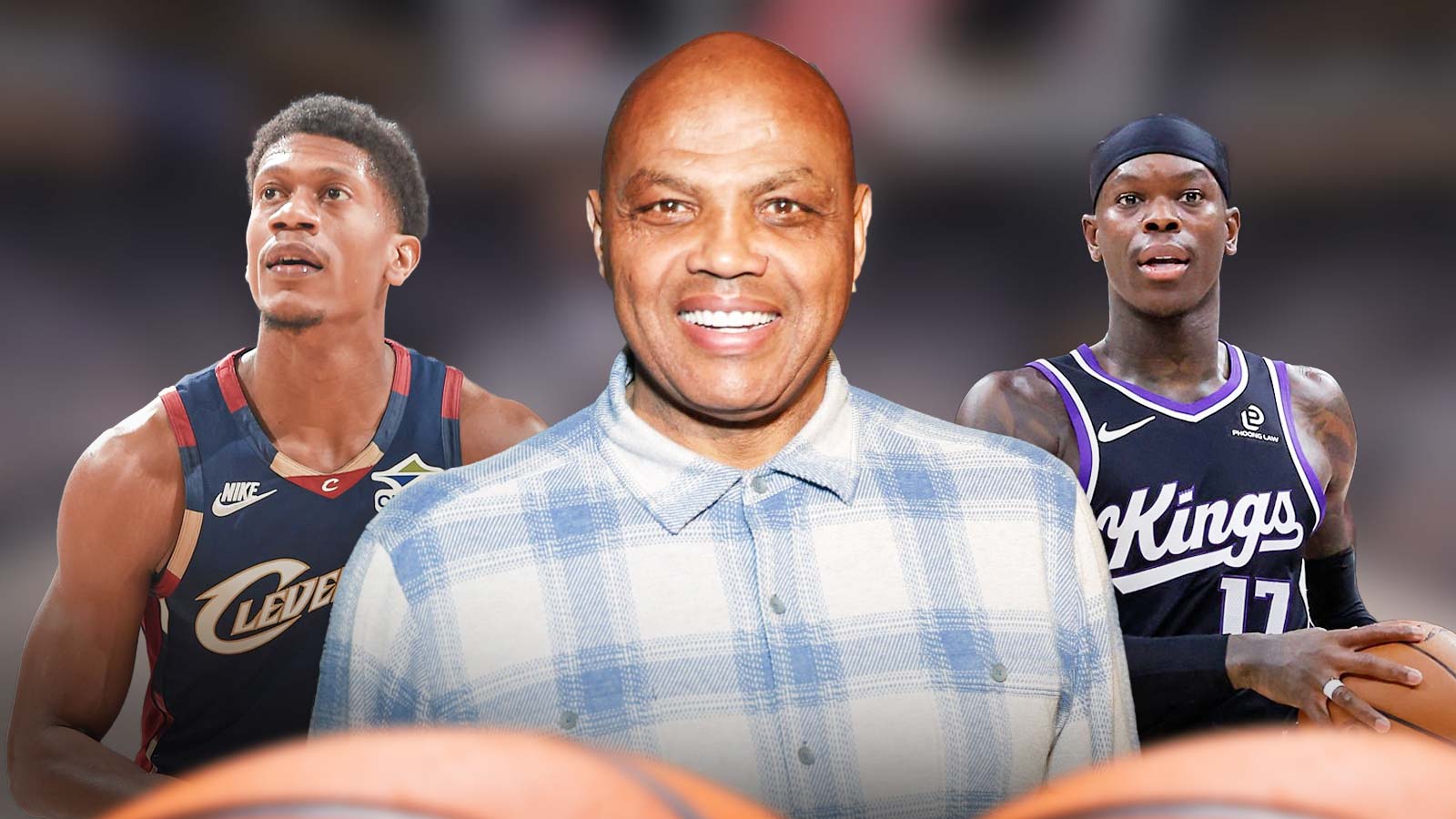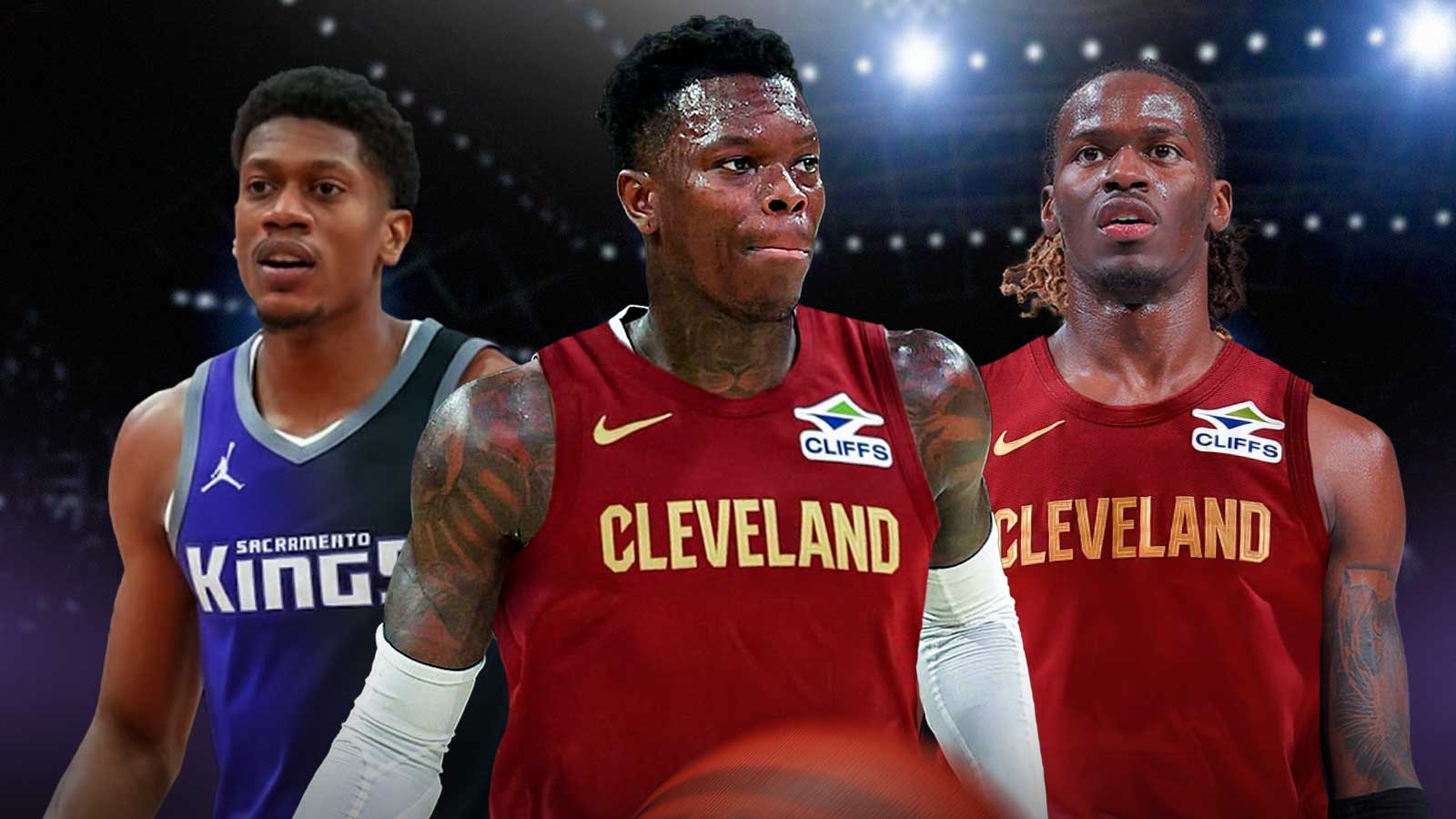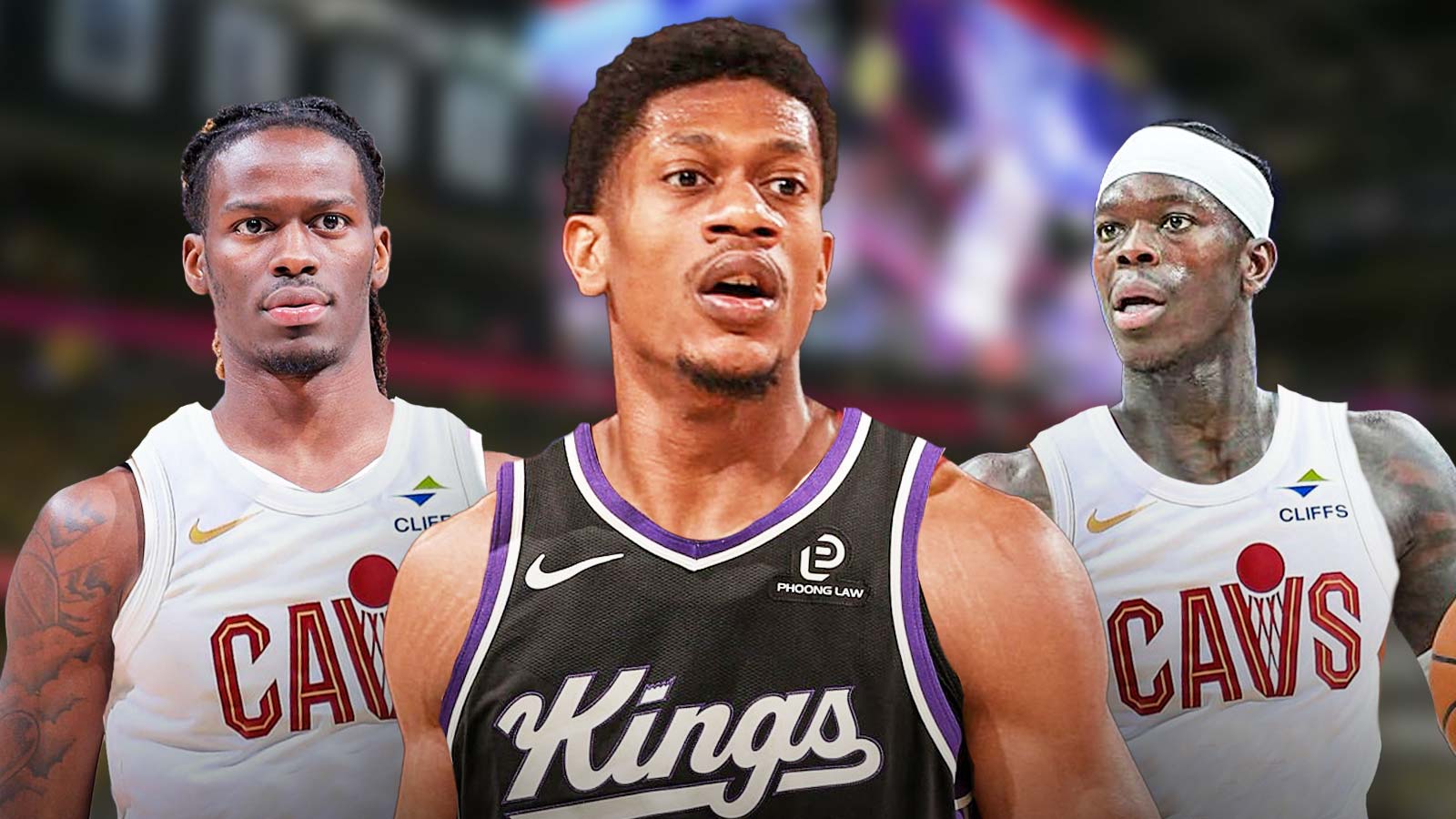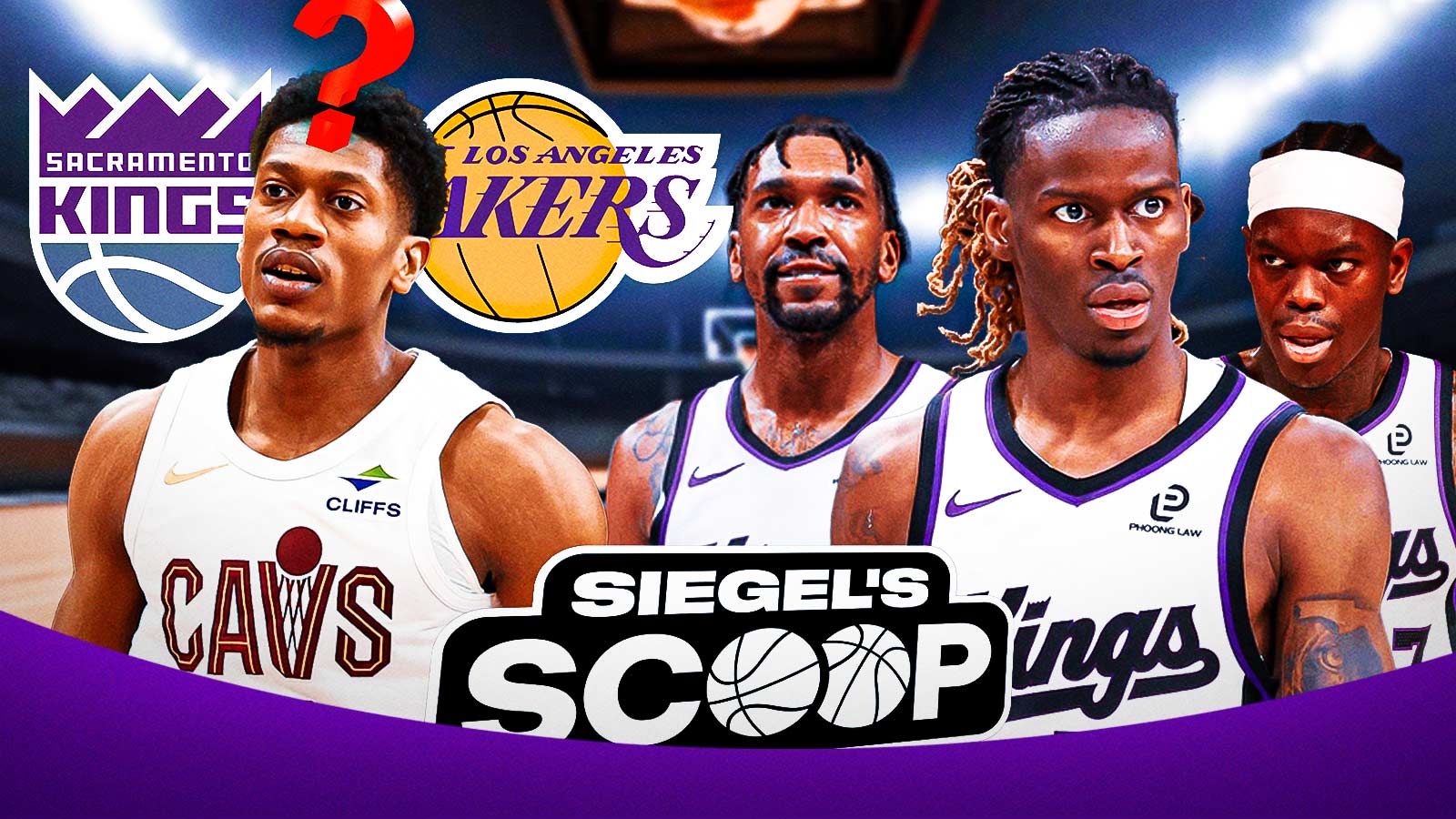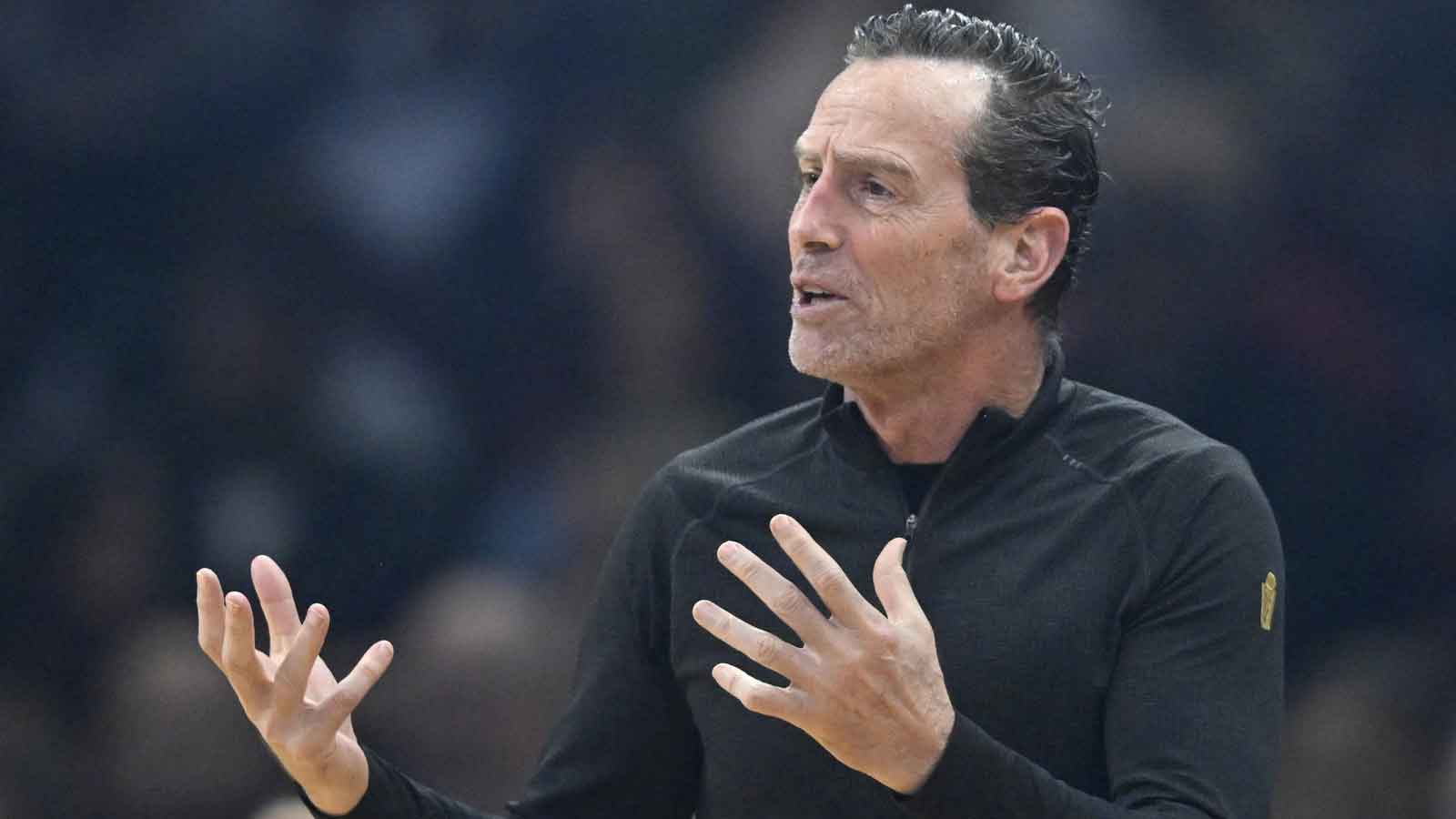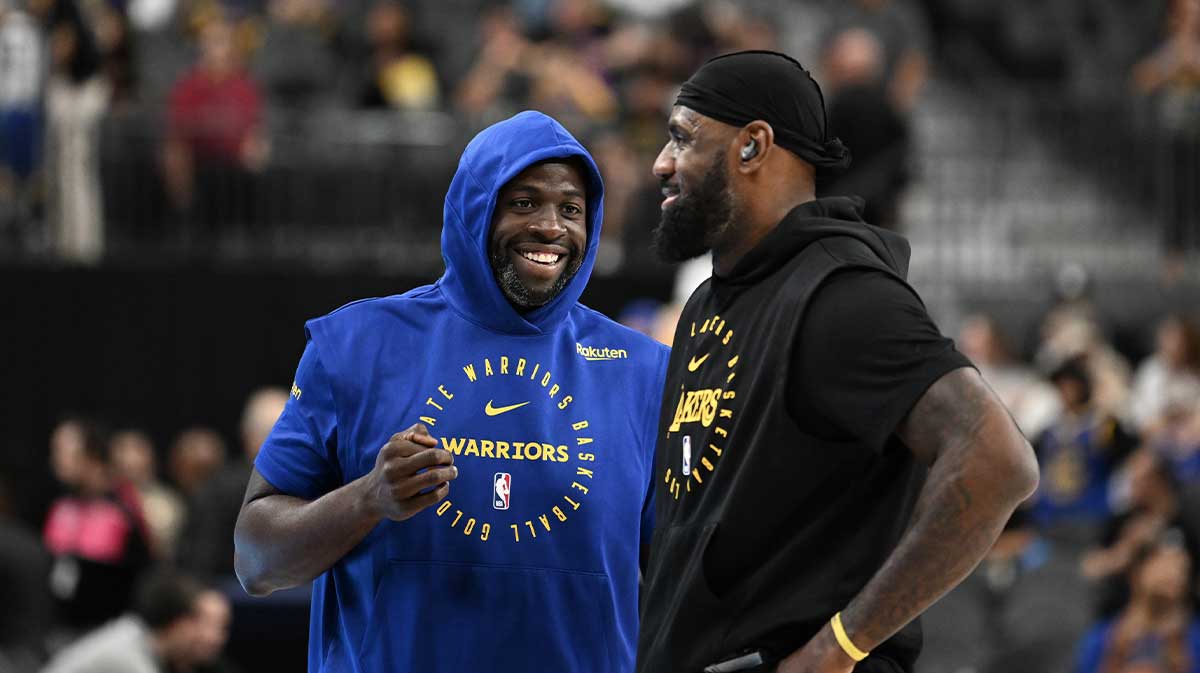The Cleveland Cavaliers are now down 0-2 to the Golden State Warriors in the NBA Finals after dropping the opening two contests by the Bay. The Game 1 loss was no fault of LeBron James, who had a masterful performance with 51 points on 59% shooting, eight assists, eight rebounds, one block, and one steal.
So, how does this eruption compare to other great Finals masterpieces made in vain? Here are the five best NBA Finals performances by players in losing efforts.
5. LeBron James – Game 5, 2015

James' first Finals appearance after returning to Cleveland was a difficult one. Kevin Love was injured earlier in the playoffs, missing the entire series against Golden State. Then, Kyrie Irving broke his kneecap at the end of Game 1, leaving James with a team of scorers like Matthew Dellavedova, Iman Shumpert, and Timofey Mozgov.
The Cavs' second-leading scorer for Game 5 was Tristan Thompson, who finished with 19 points and ten rebounds. J.R. Smith added 14 off the bench, and Shumpert had ten.
James was the Cavs' offense. He scored 40 points on 44% shooting while dishing out 11 assists, grabbing 14 rebounds, and turning the ball over only twice.
Cleveland was down by just one point at halftime, but the Warriors pulled away in the second half behind 37 points from Stephen Curry. Golden State won 104-91 and went on to close out the series against the shorthanded Cavs in six.
4. Allen Iverson – Game 3, 2001

The defending champion Los Angeles Lakers were a juggernaut led by Shaquille O'Neal and Kobe Bryant, two of the NBA's best and most dominant players. Not many people thought that the Philadelphia 76ers had much of a chance in the 2001 Finals.
But, behind a 48-point performance by Allen Iverson, the 76ers took the first game of the series. The Lakers were put on notice and responded by winning the second game by nine points. Game 3 ended up being the closest of the series, and that was thanks to Iverson.
The Answer scored 35 points to go along with 12 rebounds and four assists. Dikembe Mutombo (23) and Eric Snow (14) were the only other 76ers to score more than five points. Iverson was the reason Philly remained in the game, but Bryant and O'Neal combined to score 62 and the Lakers were able to pull out the victory and the ultimately the series in five games.
3. Isiah Thomas – Game 6, 1988

The Detroit Pistons had a 3-2 series lead heading into Game 6 against the Los Angeles Lakers. In a gutwrenching loss, Isiah Thomas nearly beat the Lakers by himself. He scored 43 points on 56% shooting while adding three rebounds, eight assists, six steals, and a block, mostly with a severely sprained ankle.
But it wasn't enough, as the Showtime Lakers pulled out the narrow 103-102 win behind 28 from James Worthy and 22 from Magic Johnson. Los Angeles eked out Game 7 by three points, capturing yet another NBA championship.
2. Jerry West – Game 7, 1969

In Game 5 of the 1969 NBA Finals, Jerry West suffered a hamstring injury which limited his effectiveness in Game 6. He still scored 26 points, but the Lakers fell to Boston Celtics 99-90. In Game 7, West was significantly hampered by his injury, but he played through it and put together an inspiring performance.
West finished with 42 points, 13 rebounds, and 12 assists, but the Lakers fell just short of the title, 108-106. West averaged 38 points per game during the '69 Finals, a record that still stands today. Because of his brilliance, he received the Finals MVP even though his team lost (he is still the only player in NBA history to do that).
1. LeBron James – Game 1, 2018

James' 51 points is fifth all-time in Finals history. His play was absolutely brilliant, and if not for a few untimely foul calls (and a lack thereof), and a historic lack of situational awareness from J.R. Smith, James would have led the Cavs to an amazing upset.
His 51 points came on 19-32 shooting, 3-7 from three-point range, and 10-11 from the free throw line. His eight assists are solid, but he would have had many more if the rest of the Cavs hadn't shot 7-30 from beyond the arc. James was consistently finding open teammates and giving them good looks, but they just weren't hitting their shots.
James was also very active defensively. He and Jeff Green split time defending Kevin Durant, and while Durant did score 26 points, he only did so on 8-22 shooting, and he was just 1-7 from deep. James may not have gotten the recognition on the stat sheet, but he was very good defensively.
The 51 points that James scored may have been some of the most quiet in Finals history. Throughout the game, it just seemed like he was expected to score whenever he touched the ball, and because the Cavaliers slowed the pace of the game down, the amount of quick, flashy plays that James made were limited. But, his impact was certainly felt by both teams, and the Warriors are very fortunate that they were bailed out by unforeseen circumstances.
It's very close, but James' 51 points combined with him being the absolute focal point of the Cavaliers gives him the slight edge over West. By the end of this year's Finals, James could end up topping his Game 1 performance and possibly breaking (and/or tying) West's records.









